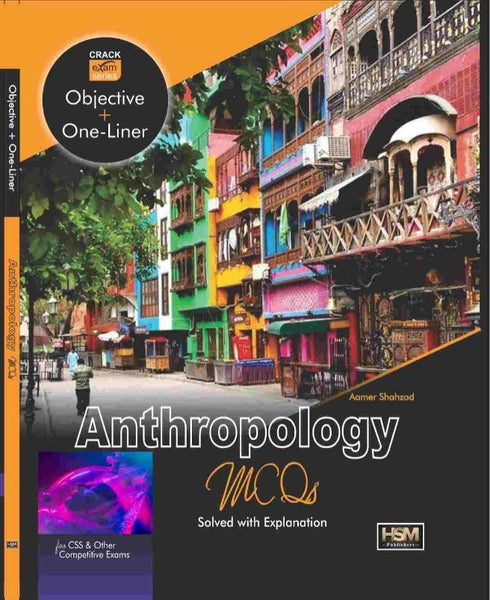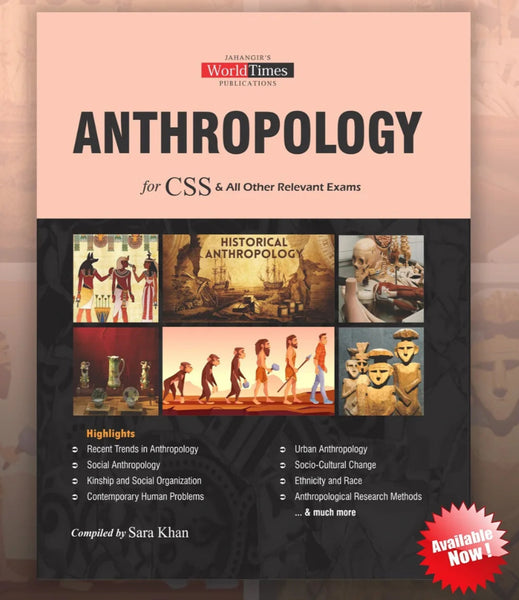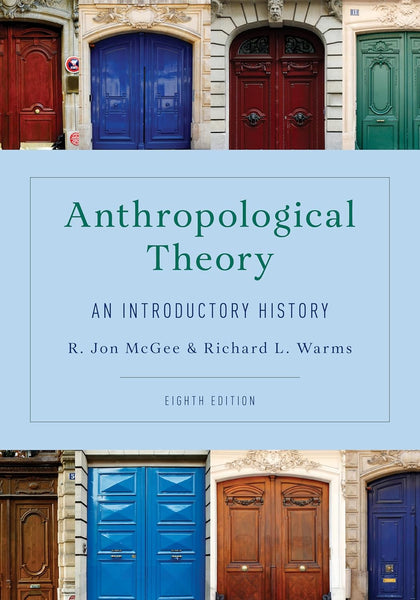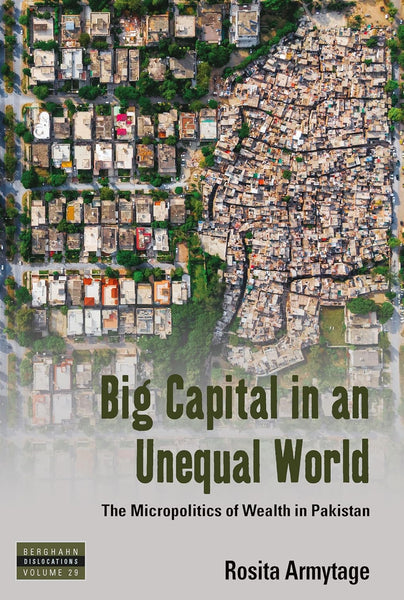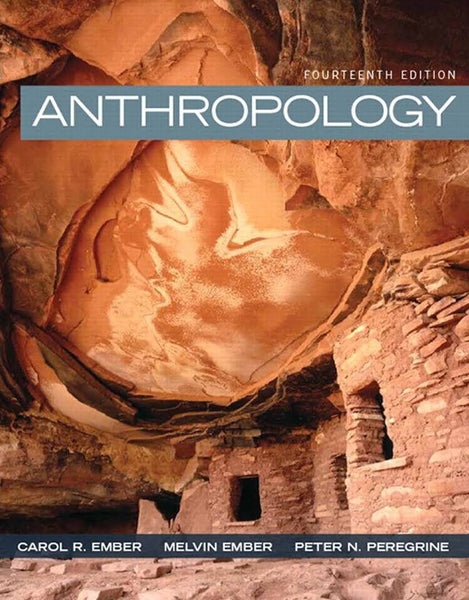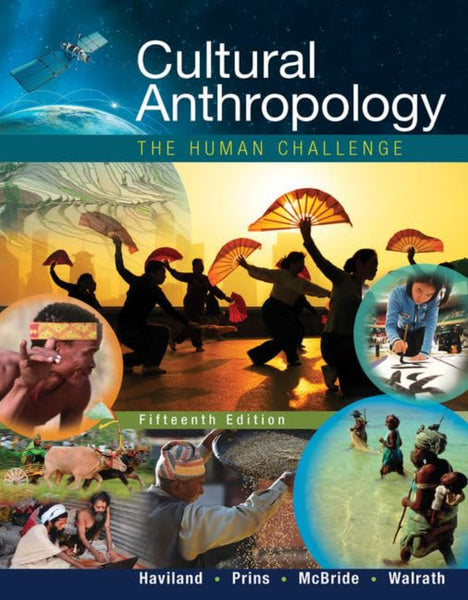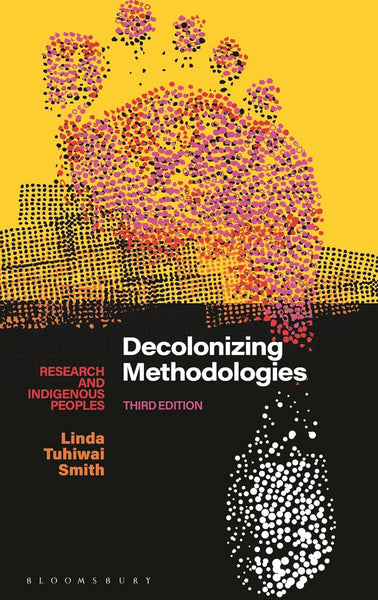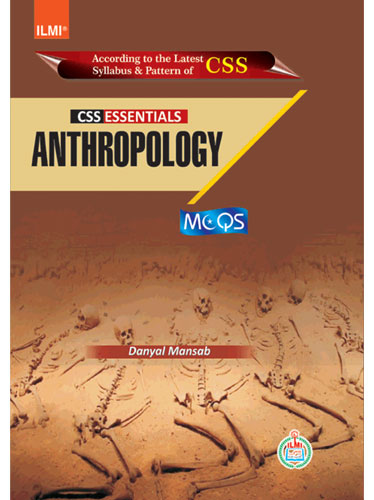Decolonizing Qualitative Approaches By Saran Stewart
- Publisher: Anthropology
- Availability: In Stock
- SKU: 47070
- Number of Pages: 242
Rs.580.00
Rs.750.00
Tags: academic resistance , affordable prices , best books , best books online , best online store , Best Price , best prices , Best Selling Books , best shop , Book Shop , Book shopping , bookshop , bookshop Multan , bookshop near me , bookshop online , bookshop online Multan , bookshopPakistan , BUY ONLINE , buy online books , Caribbean diversity , Caribbean research , community-centered research , Convenient Shopping , digital shopping , good books , good books online , good booksonline , inclusive research , indigenous epistemologies , Internet Shop , Largest Online Bookstore in Pakistan , latest books online , methodological innovations , one stop shop , online , Online Book Shop , ONLINE BOOKS , Online Books Shop , online books store , Online Bookshop , Online Bookshop Pakistan , online bookstore , online shop , online shopping , Online Shopping Pakistan , onlinebooks , OnlineShoppingPakistan , Pakistan Bookshop , PakistanBookshop , PakistanOnlineShopping , price cut , price-friendly Comprehensive , qualitative methodologies , ReasonablePrice , reduced price , Saran Stewart , secure shopping , Shopping , ShopSmartPakistan , Virtual Shop
In "Decolonizing Qualitative Approaches For And By The Caribbean," Saran Stewart delves into the complexities and necessities of decolonizing research methodologies within the Caribbean context. The book argues for the importance of developing qualitative approaches that are rooted in the region's unique cultural, historical, and social realities. Stewart emphasizes the need to move away from Eurocentric frameworks and adopt practices that genuinely reflect and respect Caribbean epistemologies, ensuring that research outcomes are more relevant and beneficial to local communities.
Key Points
1. Importance of Contextual Understanding
Stewart underscores the significance of deeply understanding the Caribbean context to develop meaningful qualitative research methodologies that resonate with local realities.
2. Critique of Eurocentric Frameworks
The book critiques the dominance of Eurocentric frameworks in qualitative research, arguing that they often fail to capture the nuances of Caribbean life and culture.
3. Embracing Indigenous Epistemologies
Stewart advocates for the incorporation of indigenous knowledge systems and ways of knowing, which are often marginalized in mainstream research paradigms.
4. Methodological Innovations
The text highlights various innovative methodologies that have been developed or adapted within the Caribbean to better address local research needs.
5. Community-Centric Research
The author emphasizes the importance of conducting research that is centered around the needs and perspectives of the community, rather than external academic interests.
6. Ethical Considerations
Stewart discusses the ethical imperatives of decolonizing research, including the need for researchers to be accountable to the communities they study.
7. Power Dynamics in Research
The book explores the power imbalances that often exist in traditional research settings and suggests ways to democratize the research process.
8. Practical Applications
Stewart provides examples of how decolonized qualitative approaches have been successfully implemented in various Caribbean research projects.
9. Challenges and Barriers
The author acknowledges the challenges and barriers to decolonizing research, including resistance from established academic institutions and the need for capacity building within the Caribbean.
10. Vision for the Future
Stewart outlines a vision for the future of qualitative research in the Caribbean, one that is more inclusive, equitable, and reflective of the region’s diversity and complexity.
By advocating for decolonized qualitative approaches, Saran Stewart's work pushes for a more just and accurate representation of Caribbean realities in research. This shift not only enhances the relevance and impact of academic work but also ensures that the voices and experiences of Caribbean peoples are central to the knowledge production process.
════ ⋆★⋆ ════
Writer ✤ Saran Stewart



